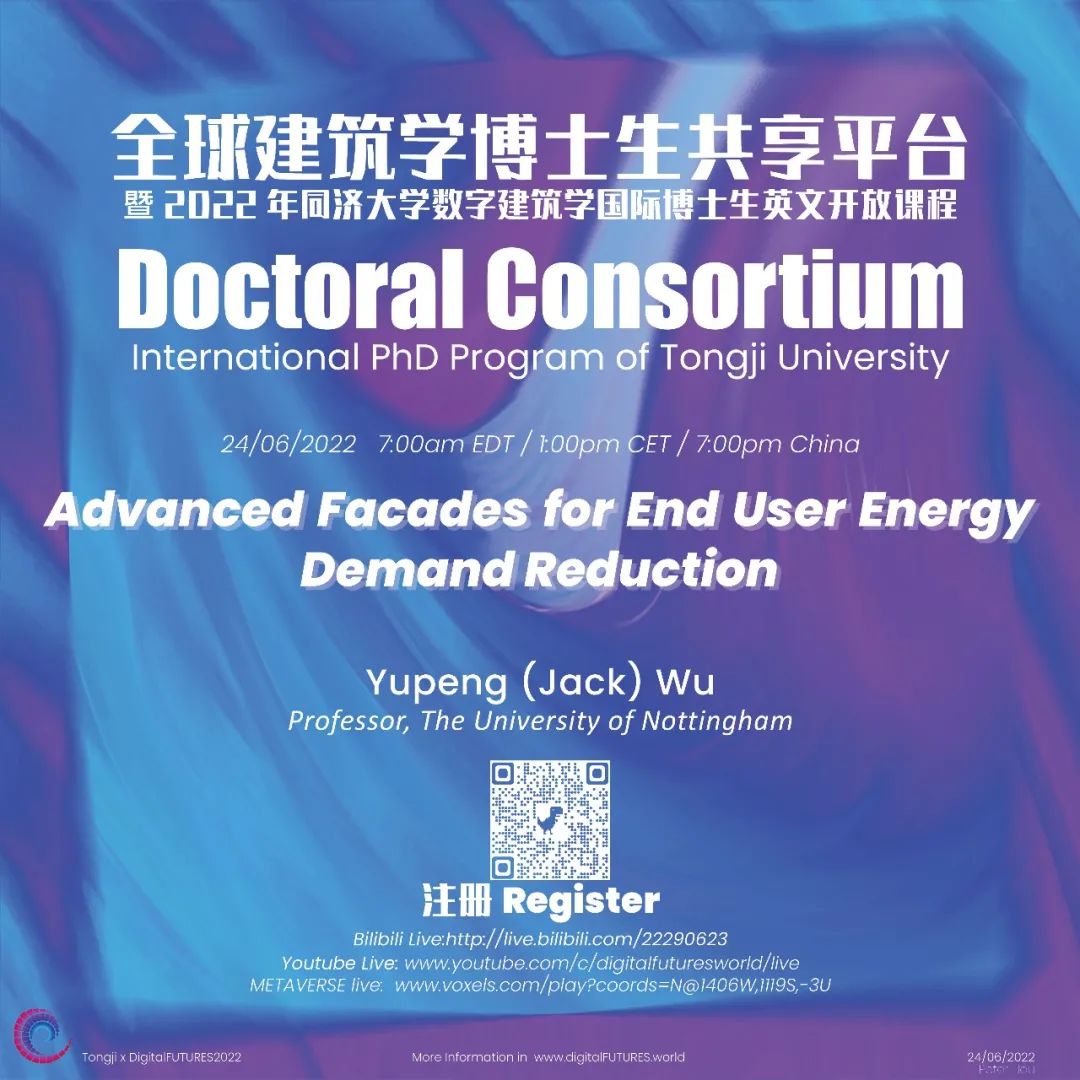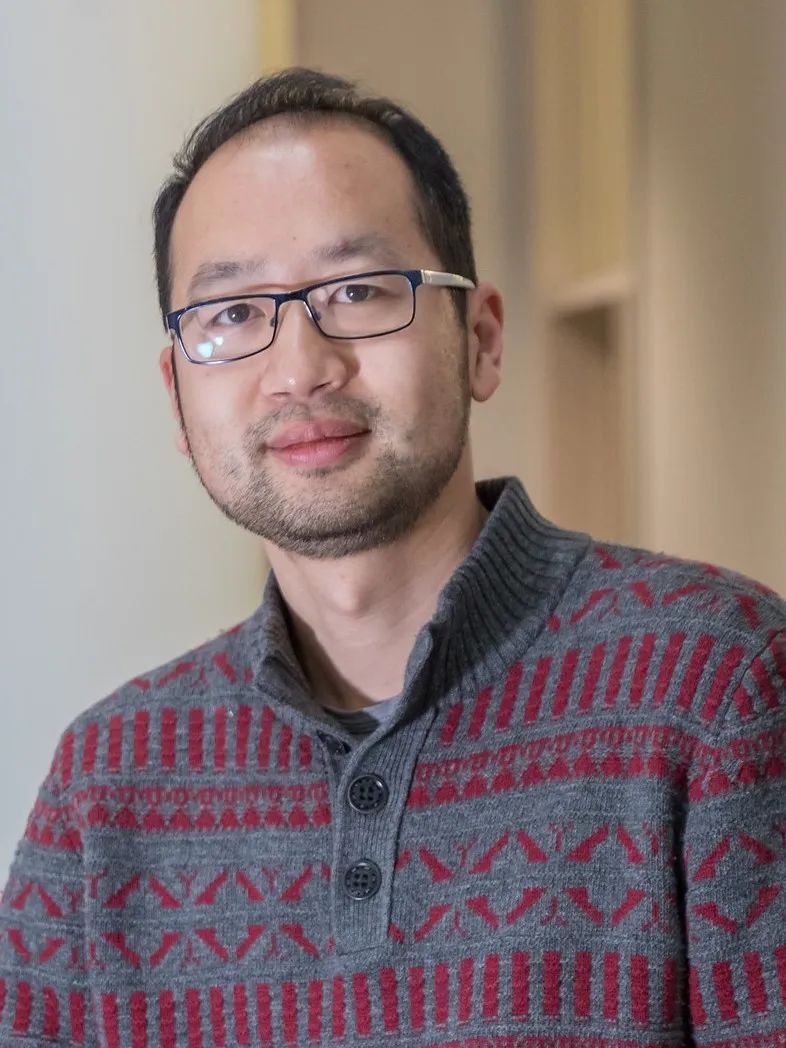
Lecture

This talk is going to introduce various technologies used to improve the windows performance. Furthermore advanced facade that can automatically respond to climatic conditions for PV electricity generation and transmission for building passive lighting and heating, is also going to be introduced. The advanced facade has the potential to significantly reduce building energy loads and meet the building’s electricity requirement. Meanwhile, a comprehensive model has been developed to accurately predict the thermal, optical properties and electrical output of the advanced window systems, and a workflow developed to yield detailed daylight and energy performance (heating, cooling, lighting and power output) predictions of these systems when applied in buildings. Through this approach, the thermal characteristics of complex fenestration systems are obtained from a validated Computational Fluid Dynamics model, and a ray-tracing technique is used to obtain Bidirectional Scattering Distribution Function (BSDF) data to represent their optical characteristics. In addition, the electrical power output is realised through Sandia tests. These characterises may be used in building simulation software (in this case EnergyPlus) to obtain building heating, cooling, lighting energy and PV power output estimates for a room incorporating smart glazing systems. Detailed visual comfort predictions including useful daylight illuminance, daylight uniformity and glare may also be made, using a complementary optical model run using RADIANCE simulations. Finally, the occupants' visual perception for these advanced windows in office environment were investigated through Virtual Reality conditions developed using physically based image techniques.
Yupeng (Jack) Wu
The University of Nottingham
Yupeng (Jack) Wu is a Professor of Building Physics at the Department of Architecture and Built Environment, the University of Nottingham, UK. His researches focus on building energy simulation and integration of renewable energy systems into buildings and built environment. He has been awarded ~ £4m in research grants including funding from the Engineering and Physical Sciences Research Council UK (EPSRC), Innovate UK, etc. He has published over 100 peer-reviewed papers in SCI journals and conference proceedings contributing to the state of the art in renewable energy technologies and their application to the built environment. Jack serves as subject Editor for the journal of 'Renewable Energy', asscoiated Editor for Arcthitectural Intellegence and Editorial board member for Building Simulation. He is a full member of the EPSRC peer reviewer college and is also reviewer for European, Canadian and US funding agencies.
 ABOUT US
ABOUT US





